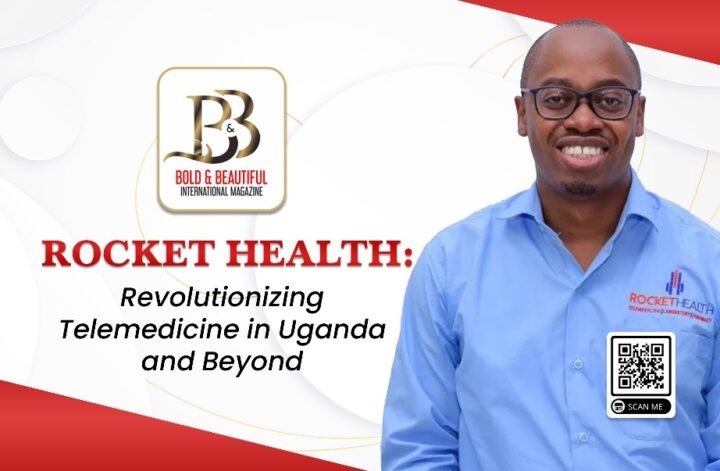In Uganda’s healthcare industry, Dr. Davis Musinguzi saw a troubling trend—patients were seeking medical care too late, often when diseases had already progressed to severe stages. This delay in consultation significantly impacted treatment outcomes, leading Musinguzi to think about how timely access to information and remote healthcare could improve patient prognosis. In response to this challenge, Musinguzi teamed up with five other healthcare professionals in 2012 to establish Rocket Health, a pioneering telemedicine start-up.
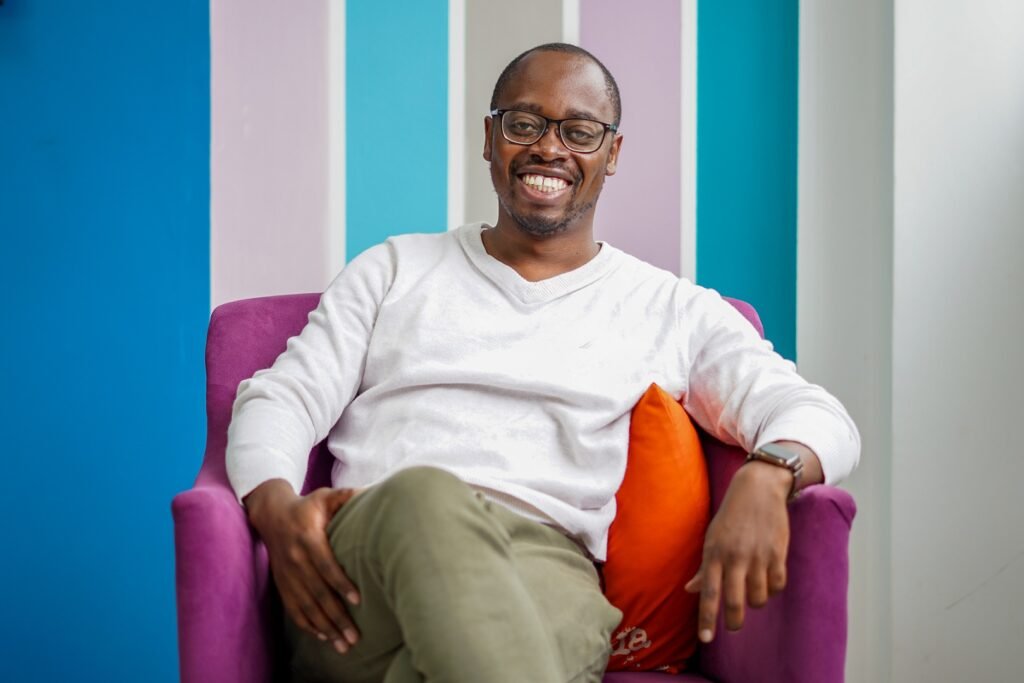
The initial business model was a simple but impactful one—a 24/7 call center where patients could consult doctors via mobile phone. Within just six months of launching, the service had already attracted around 7,000 users, providing insights into the most common health issues and patient needs. After five years of operating the call center model, the demand for more comprehensive services led Rocket Health to expand beyond consultations. Patients wanted access to pharmacy services, lab tests, and even specialist care. To meet this growing demand, Rocket Health evolved into a full-spectrum healthcare service provider. Today, it offers not only phone consultations but also delivers medication and collects medical test samples through its fleet of motorbikes, creating an end-to-end healthcare solution for patients.
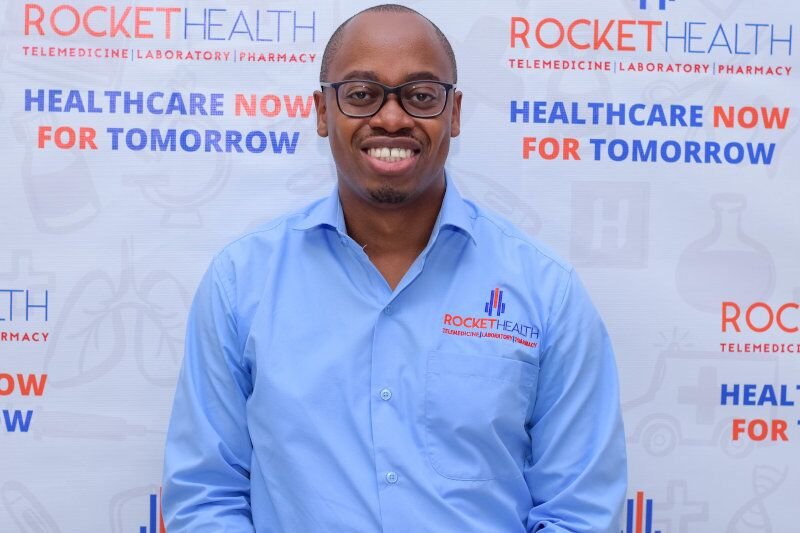
The company now serves approximately 40,000 customers and employs over 30 doctors, each handling around 200 calls daily. This innovative model of healthcare delivery allows patients to avoid the long trips and waiting times often associated with traditional clinics. However, the company had to overcome initial hesitancy from both consumers and healthcare professionals unfamiliar with the telemedicine concept. Musinguzi notes that while the benefits to patients were clear, it was a challenge to convince doctors to leave the conventional hospital setting for a new, tech-driven service. Yet, the doctors soon realized the advantages—less stress, a calmer work environment, and more time to engage in detailed conversations with patients.
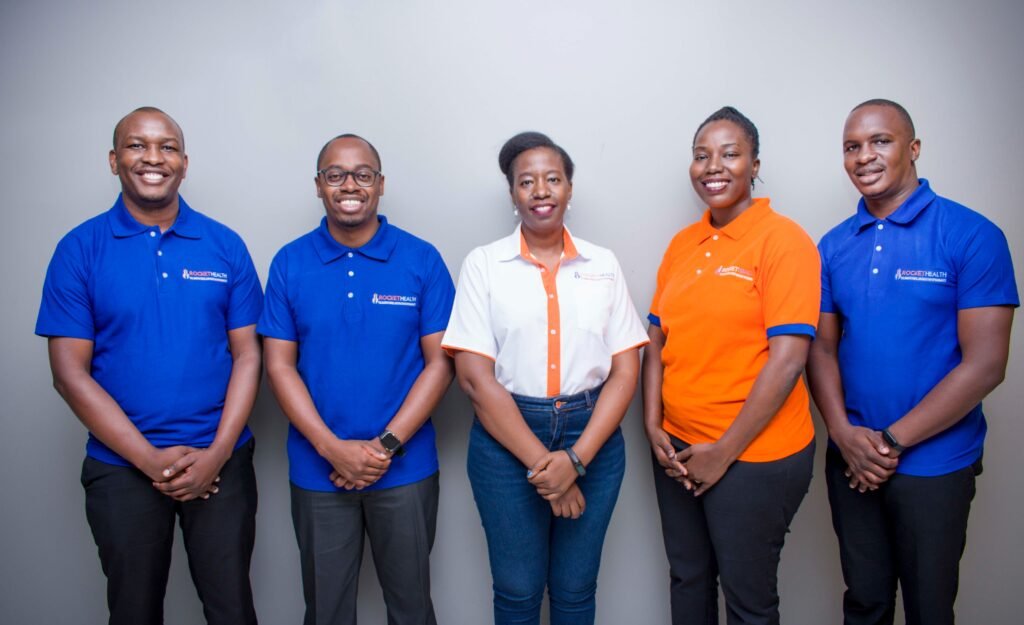
Rocket Health continues to innovate, currently developing AI-powered software designed to help doctors diagnose conditions more efficiently through a series of automated questions. With the combination of phone consultations and remote lab tests, Rocket Health is already able to diagnose 90% of conditions. For more complex cases, the company operates an in-house clinic where patients can receive face-to-face consultations. Despite some initial skepticism about the effectiveness of remote consultations, Rocket Health has grown primarily through word of mouth. Patients who use the service often recommend it to friends, driving organic growth with little need for heavy marketing.
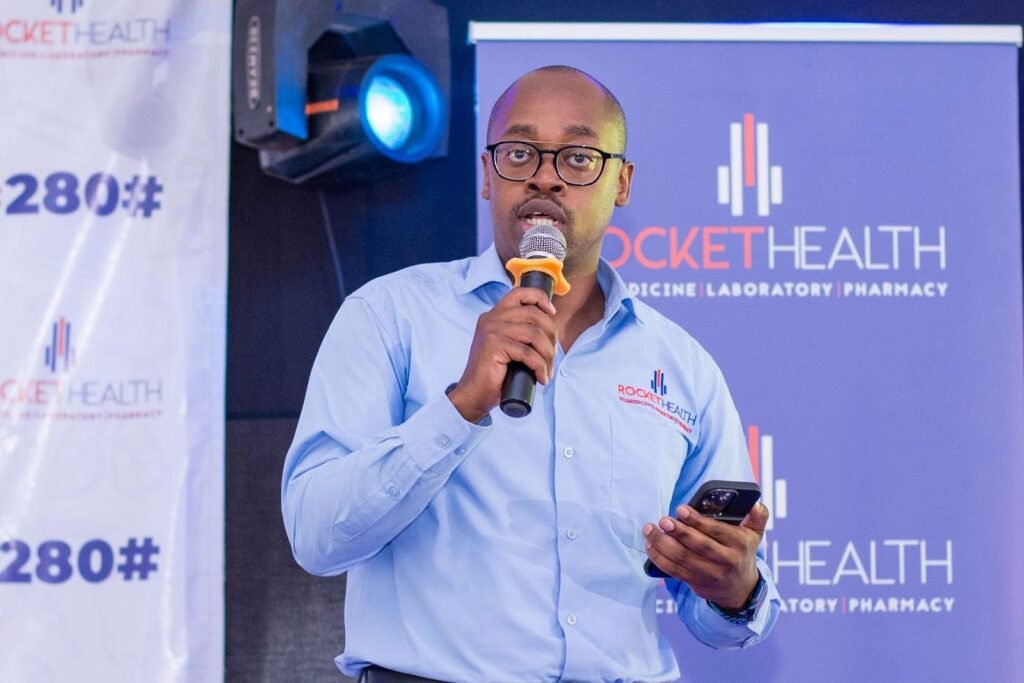
The service is currently available via USSD technology and phone calls, but the company is set to expand its offerings through a mobile application, which will provide a more seamless user experience and allow for new features such as digital health records and a savings wallet for healthcare expenses. Rocket Health’s decision to start with basic technology was strategic. By using USSD—a system accessible via text messages on feature phones—the company ensured that even the most basic phone users could access telemedicine. This approach made healthcare accessible to a wide audience, including those unfamiliar with smartphones or apps. As Musinguzi explains, they wanted to create a service that was easy for anyone to use, even his grandmother.
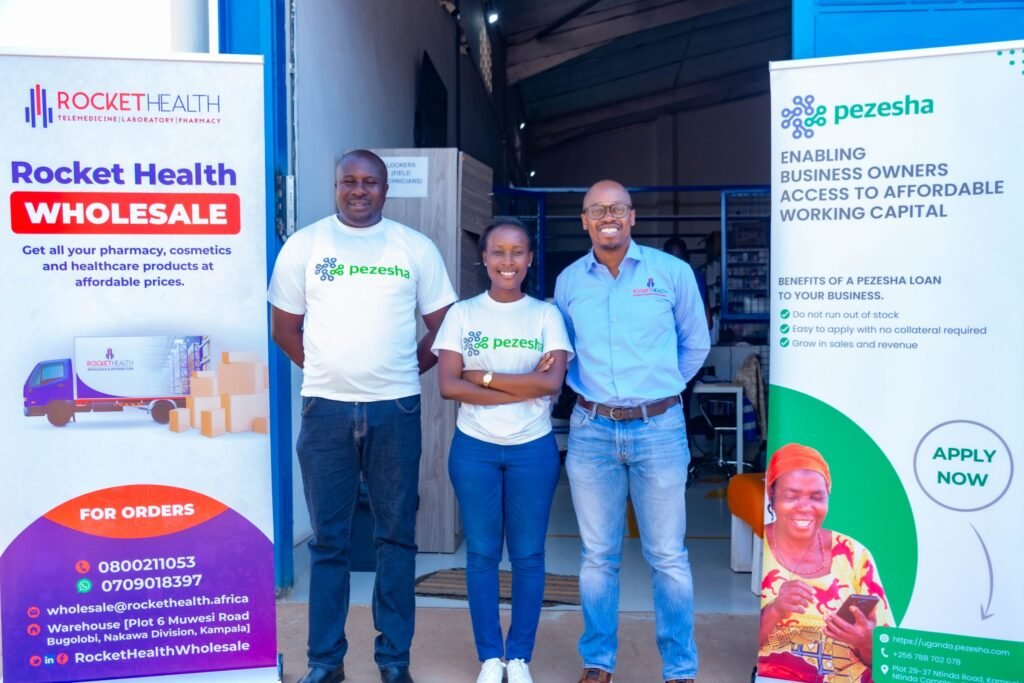
Looking ahead, the launch of the mobile app will enable Rocket Health to attract a more tech-savvy customer base and introduce advanced features. However, building these new systems requires specialized development talent, particularly since digital healthcare is still a relatively young field in Africa, with few professionals boasting significant experience in telemedicine.

